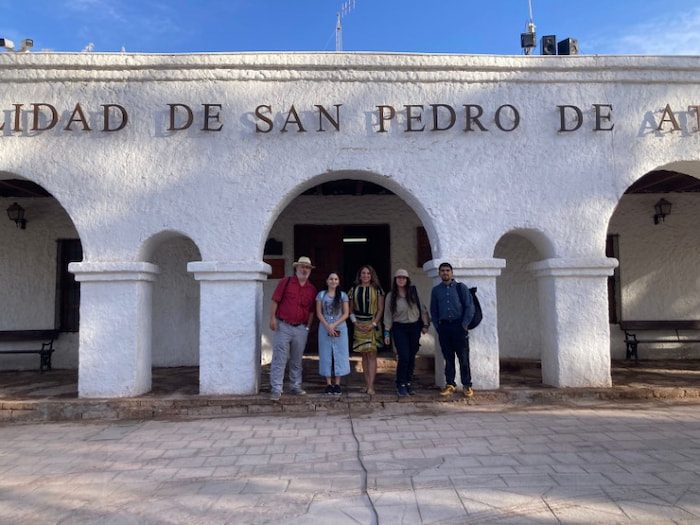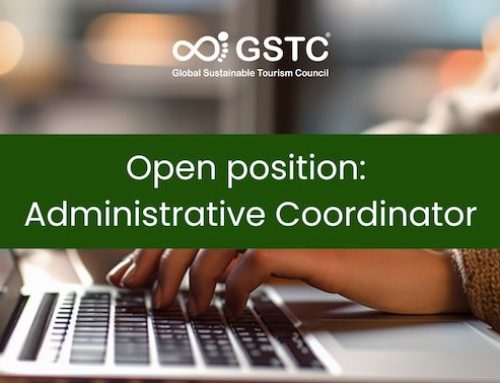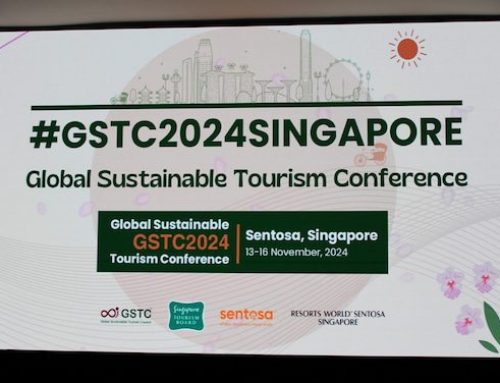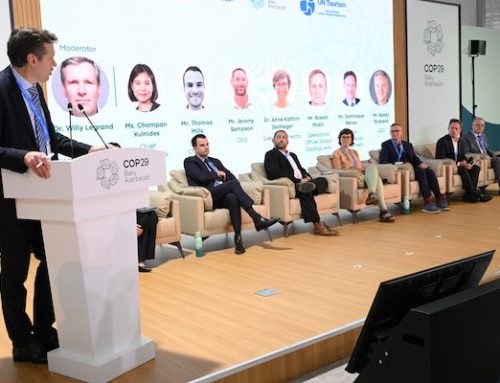Water scarcity is a pressing global issue, affecting billions of people worldwide. It arises when the demand for water exceeds the available supply, often due to factors such as climate change, population growth, and inefficient water use. Regions like Atacama, known for their arid conditions, face significant challenges in ensuring sustainable water management. Addressing water scarcity is crucial for maintaining ecosystems, supporting agriculture, and promoting economic development, particularly in vulnerable regions dependent on tourism.

Project goals
The project’s general objective is to develop a Best Practices Manual and a Water Footprint Calculation Tool, called “Hydraulic Circuit.” This manual and tool will be created to transfer capacities in quantifying and reducing the water footprint, strengthening the competitiveness of micro, small, and medium-sized enterprises (MSMEs) in the tourism sector in the Antofagasta region. It is estimated to be completed within two years.
The “Hydraulic Circuit” project aims to achieve several significant results, including:
- A detailed diagnostic report on the water situation in the tourism sector.
- The creation and validation of a Best Practices Manual for efficient water resource use.
- The development of practical guides and tools for quantifying the water footprint.
- Training of tourism MSMEs in the region on water footprint, promoting more conscious and effective water management.
- Expanding the project’s territorial impact by disseminating its results and best practices.
The project will not only improve water management in the tourism sector of San Pedro de Atacama but also increase the competitiveness of local businesses, raise awareness about the importance of sustainable water use, and promote a model replicable at the national and international levels.




